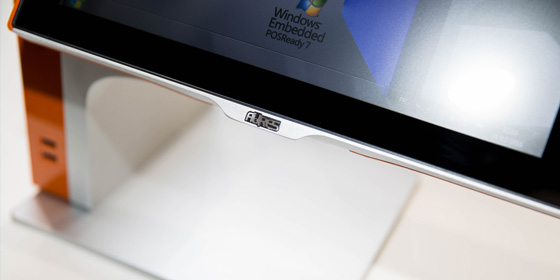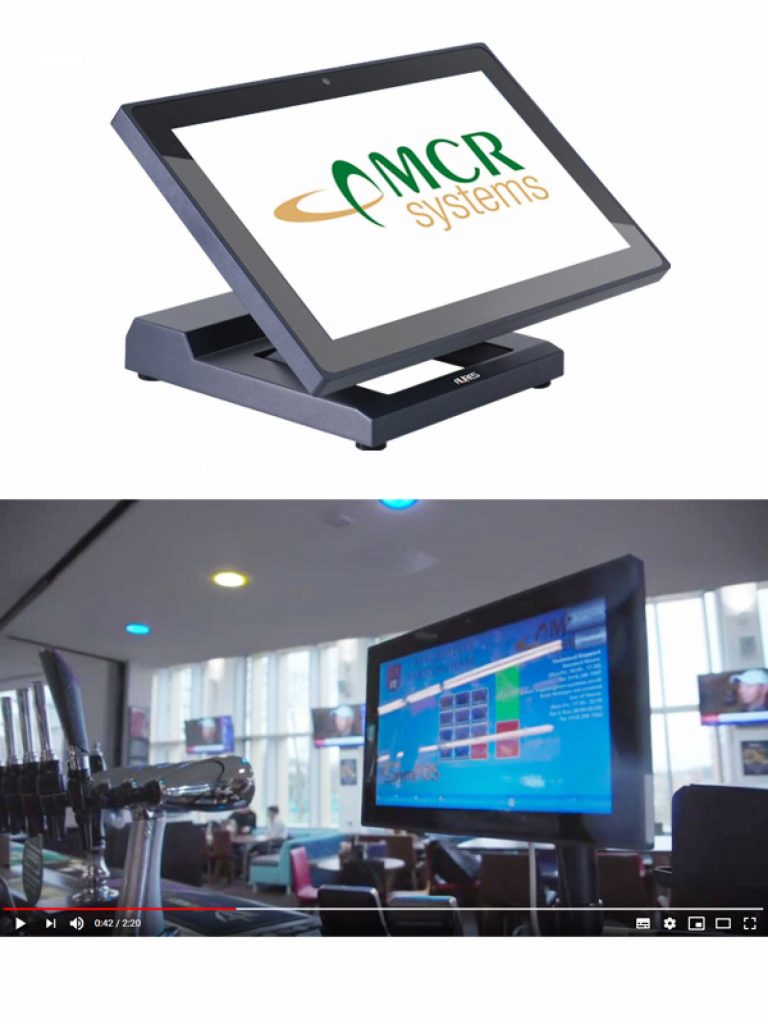
Modern universities are more than just centres of learning and research. They are vibrant, extensive communities in their own right, comprising thousands if not tens of thousands of students and staff all working and studying together on campuses that resemble decent sized villages in their size and the amenities available.
In providing those amenities, modern universities are also set up as thriving commercial hubs. Book and stationery shops, bars, cafes and canteens, gyms and swimming pools are all part and parcel of campus life. And like all other retail, hospitality and leisure outfits, that means universities need EPOS to support day-to-day operations.
The University of Birmingham is one of the largest in the UK. It is a founder member of the prestigious Russell Group of UK academic institutions. It was the first university in the UK to build a dedicated Student Union, and the first to establish a Medical School and Faculty of Commerce. It has around 35,000 students enrolled and 7,500 staff, with a campus spanning 280 acres and overall contributes around £1bn to the local economy.
Having undergone substantial growth in recent years, the University came to the conclusion that it was time to upgrade EPOS systems to bring them in line with current and future demands. Existing platforms were starting to creek under the weight of traffic from day-to-day transactions, which had reached around 13,000 every day across all campus outlets. The University was therefore looking for a robust, reliable and scalable EPOS solution that could not only cope with these volumes, but continue processing at high speed.
In addition, it wanted a platform that would also deliver ‘cashless’ functionality for certain services, as well as the capability of running a loyalty scheme across all concessions.
The Solution
In search of a suitable solution, the University turned to long-time AURES partner and EPOS software specialist MCR Systems. MCR has been providing enterprise management solutions to large multi-site operators in the hospitality, catering and leisure industries since 1978, specialising in software development, equipment supply and installation, project management and long-term support. Its market includes contract catering, education catering, food to go, pubs and restaurants.
MCR’s Symphony Enterprise cloud software was the perfect fit for the University of Birmingham’s requirements. A modular package of business IT solutions, Symphony includes options for EPOS, payments, business intelligence and reporting, loyalty and rewards and more. A key requirement was that the software needed to link three cashless payment systems in with the rest of the EPOS set up – a Cashless Wallet for students with a Meal Plan, a Business Wallet for staff and an account charging system for internal hospitality.
To run the software, MCR opted for the AURES NINO II terminal. MCR has been supplying AURES hardware for the past eight years, relying on the NINO as its key strategic model.
Compact, versatile and robust, the NINO is an extremely popular choice in the catering and hospitality sectors. Its diminutive size and the fact it can fold fully flat means it takes up minimal surface space, it is built to withstand the usual spills associated with food and drink environments, and it still packs enough processing power to be more than comfortable running enterprise-grade software like Symphony. On top of this, the NINO’s low energy consumption and carbon footprint also made it a good fit with the University’s environmental policies.
In total, the University required 75 NINO terminals installed across campus. Due to the strict timings of the academic timetable, MCR had just eight weeks to get the full hardware fleet delivered, installed and configured with the right platforms. Along with the AURES terminals, MCR also supplied tablets installed with SymPOS software to provide the additional flexibility of a fully configured mobile POS option.
With the new EPOS fully installed and launched, Nic MANDER, Director of Catering at the University, commented: “It’s been encouraging seeing the system in use. Catering staff on the sales floor have given good feedback, and after initial nervousness find the system easy to use and navigate. Overall, we are happy with how it’s come together.”
He added that the quality of the reporting tools within Symphony was a major plus for on-campus operations. The Symphony BI module has enabled University staff to generate automated weekly business reports sent directly to senior stakeholders, saving considerable time and resources. This in turn has driven wider awareness of business performance across departments, which has helped to achieve focus and consensus on where efficiency gains can be made.
You can view the full interview with Nic MANDER, Director of Catering at Birmingham University here.





